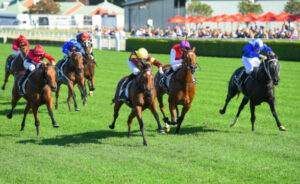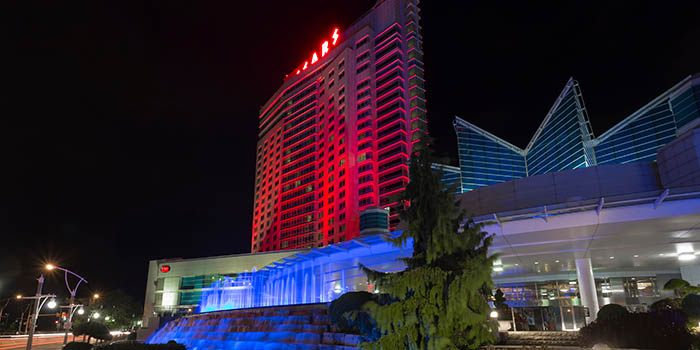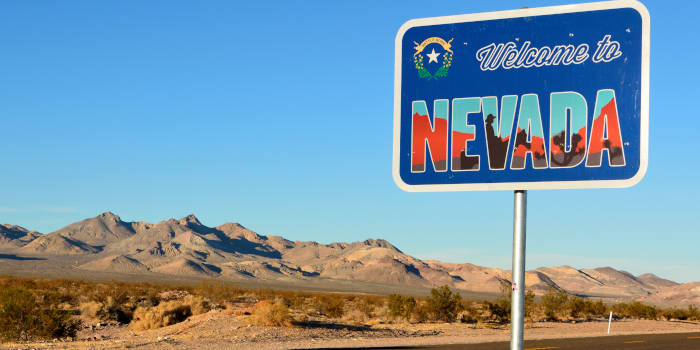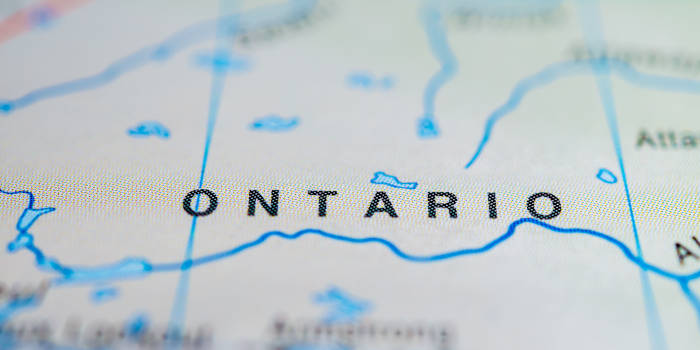Nebraska Wants More Horse Racetracks to Attract Casinos
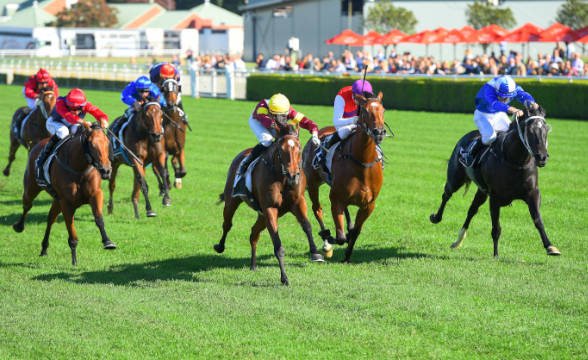
When voters went to the ballot in 2020 and cast their votes in favor of the legalization of private wagering, they thought that they are taking a decisive stride into the future. However, the realities are that despite Nebraska managing to push through a working private gambling framework, one pesky condition may actually cause more harm than good.
The state does have five tribal casinos, but they are located in remote areas which are not enough for locals it seems. Then again, expanding too quickly and without taking stock of the realities of the situation poses to bring in even more financial difficulties
Putting the Cart Before Horse
In a “horse racing state” where the sport is enjoying moribund interest, lawmakers wanted to make sure that it would be horse racing tracks that get a big share of the market. This now seems myopic at best given what is likely to follow – a flurry of developments that lack all feasibility considerations.
Apart from Grand Island and Columbus, the state’s two most prominent horse racing tracks, which are not too busy even on a good day, there are hardly any other venues in the state where horse racing aficionados would want to gather. But they will now have an ever-growing choice of new racetracks as in order to offer casino gambling, operators must be available on-site at such facilities.
And since Grand Island and Columbus will not suffice, new tracks have to be built. This is not necessarily good news as it would require millions of dollars to go down in construction work with the dubious return. There is a more pressing issue – the fact that horse racing demand is not as big to sustain the proliferation of new horse racing tracks.
The industry is in shortage of trained professionals as well. After all, building a racetrack to only cater to casinos is a self-defeating purpose. The real challenge will be not to offer casino products, but to get enough exercise riders, veterinarians, and jockeys to participate in races.
Spectators are also a scarce resource. Horse racing has been declining rapidly nationally, and Nebraska is no exception. Animal right groups and a general consumer-conscious approach has led to the numbers falling down, which is precisely why tying casino gambling to horse racing seems like such a bad idea, to begin with.
Necessary Revenue But Wrong Way to Get It
Even casinos know that all verticals, such as sportsbooks and horse racing, should be launched as their own separate thing. So, why would you cobble legislation for these two activities together? Nebraska is also a part of a club of outlier states – only four states now tie their casinos to horse racing tracks. And while there were others, they quickly remedied the situation by enabling more liberal laws to take effect and the market to lead the way.
But some racehorse owners are hopeful that the casino and sports gambling revenue that the newly-licensed activity could bring is a Hail Mary for them to survive. The problem of lacking infrastructure remains though and the benefits of aggressively introducing new horse racetracks is questionable at best.
Although Fiona doesn't have a long-spanning background within the gambling industry, she is an incredibly skilled journalist who has built a strong interest in the constantly growing iGaming network. The team at GamblingNews.com is glad to have her on our roster to help deliver the best stories as soon as they hit. Aside from writing, she loves to dabble in online casino games such as slots and roulette, both for her own enjoyment and also as research to better improve her understanding of the industry.

